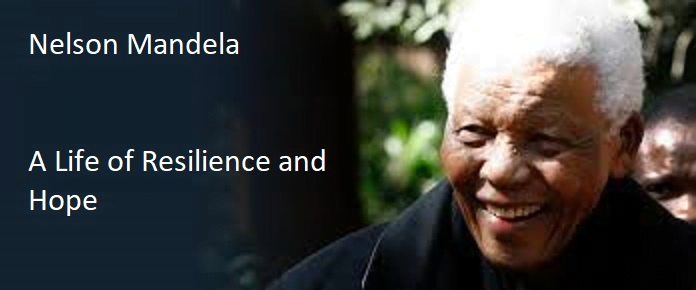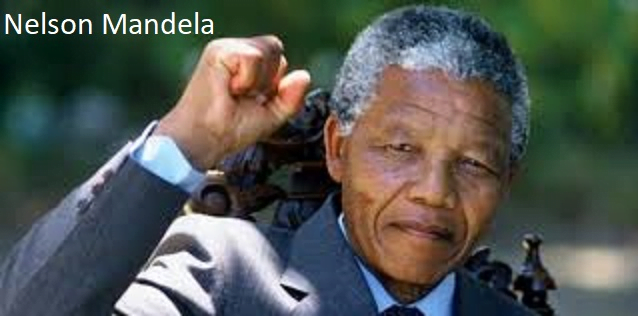Celebrating the Legacy: The Extraordinary Life of Nelson Mandela, a life of resilience and hope.
Early Life and Struggle Against Apartheid
Nelson Rolihlahla Mandela was born on July 18, 1918, in the small village of Mvezo in the Eastern Cape province of South Africa. Despite humble beginnings, Mandela’s early education laid the foundation for his lifelong commitment to justice and equality.
He studied law at the University of Fort Hare and later at the University of Witwatersrand, becoming one of the first black South Africans to qualify as a lawyer.
Mandela’s life took a momentous turn when he became involved in the anti-apartheid movement. Apartheid was a system of institutionalized racial segregation and discrimination enforced by the South African government.
Mandela, alongside other activists, joined the African National Congress (ANC) in the fight against this oppressive regime. His unwavering commitment to justice led to his arrest, imprisonment, and a life dedicated to the struggle for freedom.
27 Years in Prison
In 1961, Mandela co-founded the armed wing of the ANC, Umkhonto we Sizwe, as a response to the government’s brutal crackdown on peaceful protests.
His advocacy for non-violence had given way to the reality that more assertive measures were necessary to challenge the apartheid regime.
In 1962, he was arrested and sentenced to five years in prison, only to receive a life sentence in 1964 during the Rivonia Trial.
Mandela spent 27 years in prison, mostly on Robben Island. Despite the harsh conditions and isolation, he remained resolute in his pursuit of justice and equality.
His imprisonment turned him into a global symbol of resistance to apartheid, and his image continued to inspire those both inside and outside South Africa.
The Road to Freedom
The turning point in Mandela’s life came in 1990 when then-President F.W. de Klerk announced Mandela’s release, signaling the beginning of the end of apartheid.
Upon his release, Mandela quickly assumed a leadership role in negotiations to dismantle apartheid and transition South Africa into a democratic state.
His commitment to reconciliation and forgiveness was nothing short of extraordinary, and it played a pivotal role in avoiding a racial civil war.
The First Black President of South Africa
In 1994, South Africa held its first democratic elections, in which all races were allowed to vote. Nelson Mandela emerged as the country’s first black president, marking a historic and euphoric moment in the nation’s history.
His presidency was characterized by a dedication to unity and reconciliation, as he worked tirelessly to heal the deep wounds inflicted by decades of racial segregation.
During his presidency, Mandela’s government focused on key issues such as addressing the HIV/AIDS epidemic, land reform, and economic development.
He also initiated the Truth and Reconciliation Commission, a platform for both victims and perpetrators of apartheid-era crimes to seek truth and reconciliation.
A Legacy of Peace and Unity
Nelson Mandela stepped down from the presidency in 1999, but his work in promoting peace and human rights continued. He remained an international symbol of resilience, tolerance, and forgiveness until his passing on December 5, 2013.
The world mourned the loss of a true icon. Nelson Mandela’s legacy endures in the hearts of those who remember his words and actions.
He once said, “It always seems impossible until it’s done,” a testament to his unwavering belief in the possibility of change.
His life serves as a beacon of hope, reminding us all that, even in the darkest of times, one person’s determination can transform a nation and inspire the world.
Nelson Mandela’s journey from prisoner to president exemplifies the power of resilience, the importance of justice, and the enduring strength of the human spirit.

